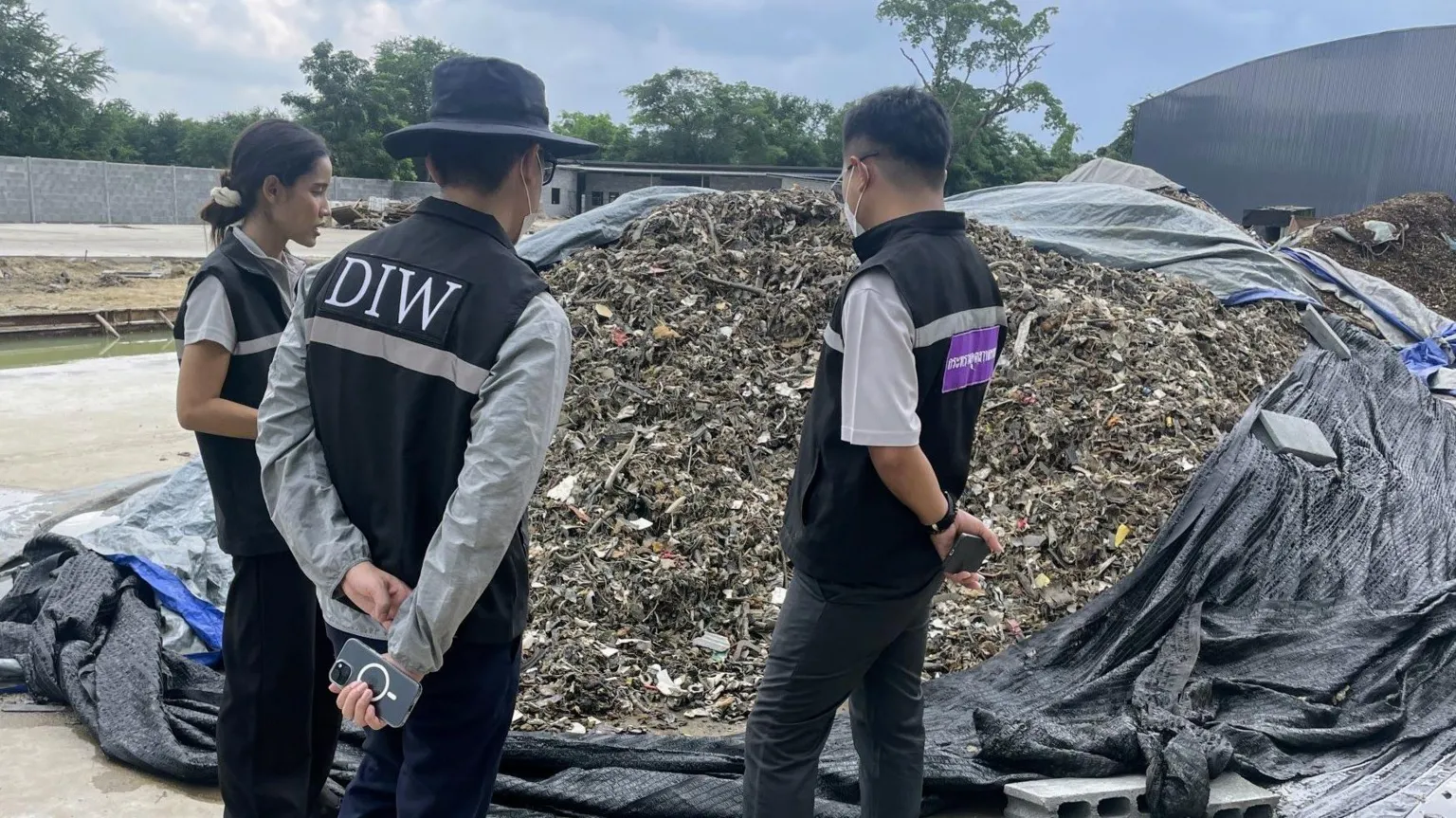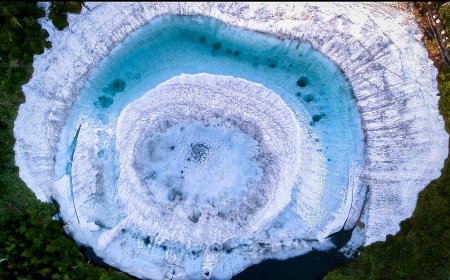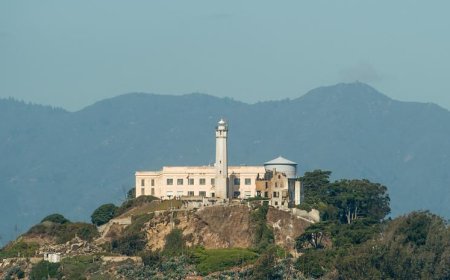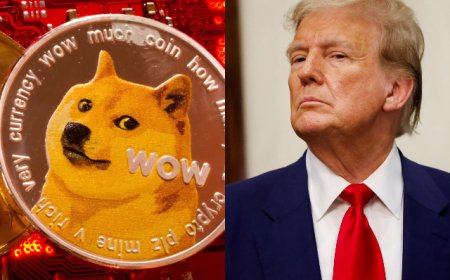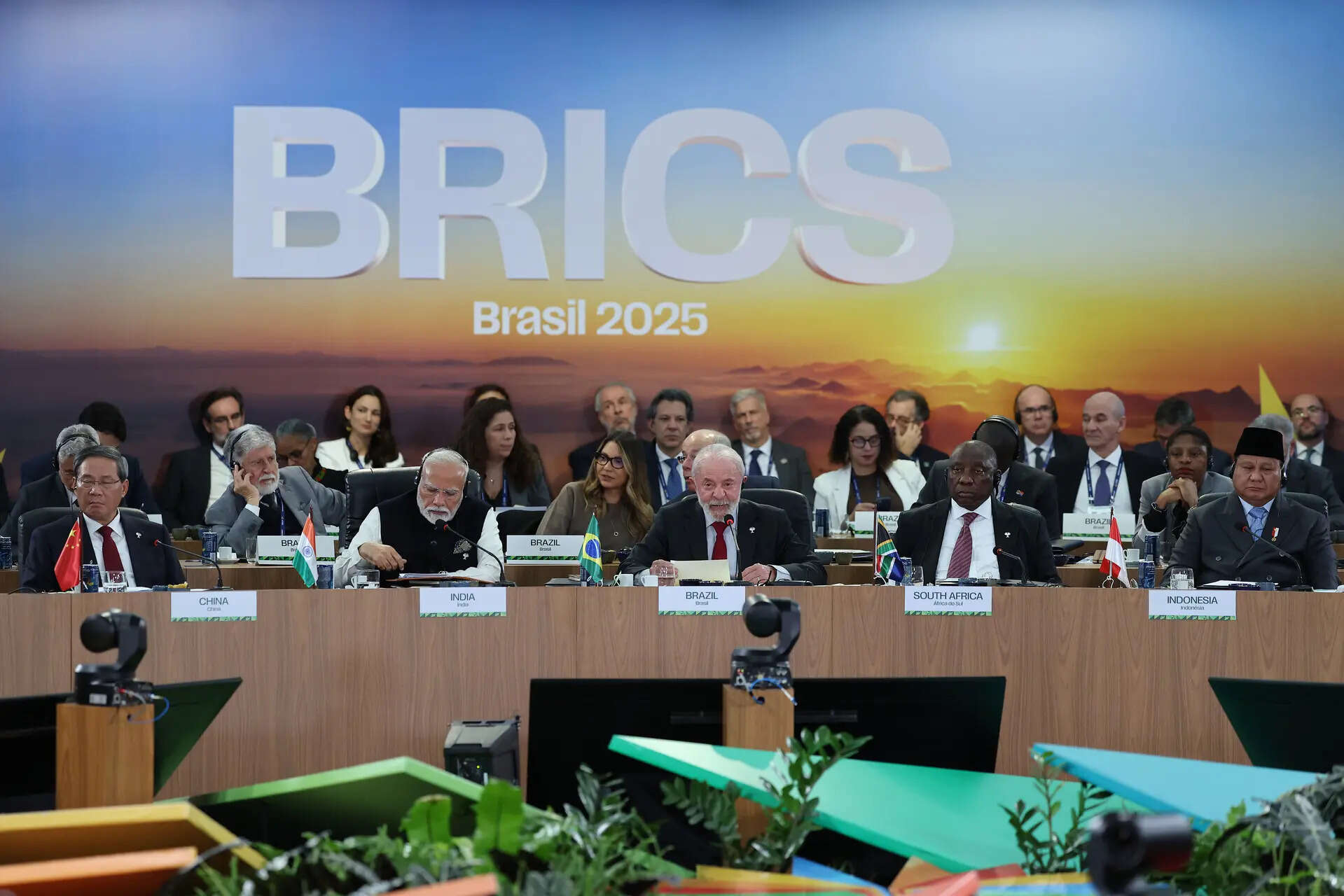Spain’s PM announces anti-corruption plan after Socialist Party scandal
Spanish Prime Minister Pedro Sanchez announced on Wednesday a state anti-corruption plan developed in collaboration with the Organisation for Economic Co-operation and Development (OECD) that will include the creation of an independent public integrity agency.
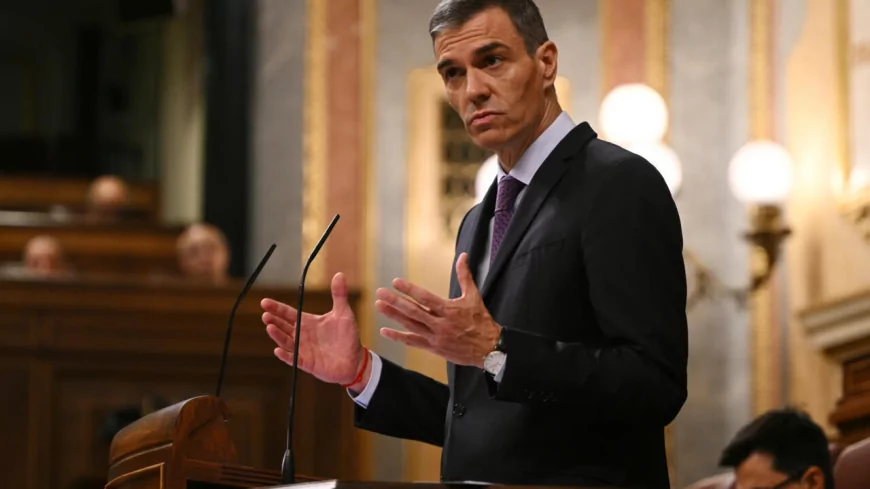
Sanchez announced this measure in the Congress of Deputies while discussing an alleged corruption case involving former senior officials of the ruling Socialist Party, who are accused of illegally collecting commissions on public contracts.
The Spanish leader said that the multi-pronged plan had been prepared over the past month and aimed to make Spain a leader in the fight against corruption.
The agency was proposed by Sumar, the far-left coalition partner, who has been highly critical of Sanchez and the Socialist Party’s handling of the alleged corruption case.

The plan has five key areas to strengthen controls to prevent and prosecute corruption and introduce artificial intelligence applications to the public sector procurement platform to automate, optimize, and detect anomalous patterns or signs of fraud.
As part of the plan, random asset controls will be introduced for high-level officials.
Sanchez announced that parties and foundations receiving over 50,000 euros (58,558 dollars) in public funding would be required to conduct independent external audits while the threshold for the mandatory publication of donations would be lowered to 2,500 euros.
Another set of measures focuses on protecting whistleblowers in corruption cases, with companies being required to have internal channels to address them.
The plan includes efforts aimed at strengthening the state’s capacity to investigate, prosecute, and punish crimes against the public administration through specific sections with specialised judges.
Among the measures proposed by Sanchez is the recovery of assets acquired through corruption, to return “what belongs to everyone” to the citizenry.
According to the prime minister, the government will work to generate “a true culture of integrity” that permeates public administrations and the private sector while mobilizing citizens through annual opinion polls on public perception of and direct experience of corruption, or public awareness campaigns. EFE
nac/vm/sc


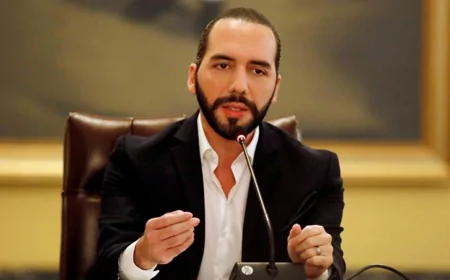

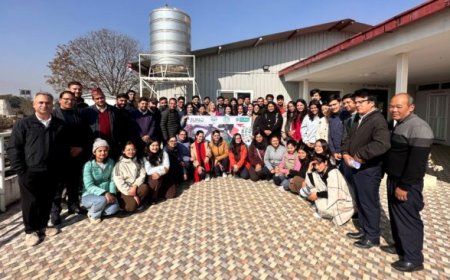

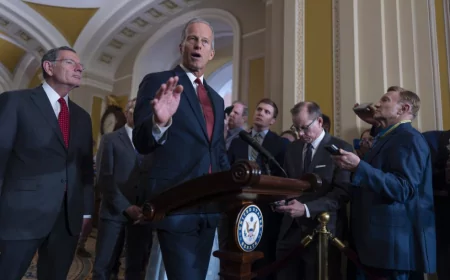
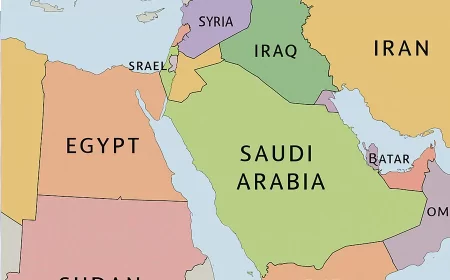





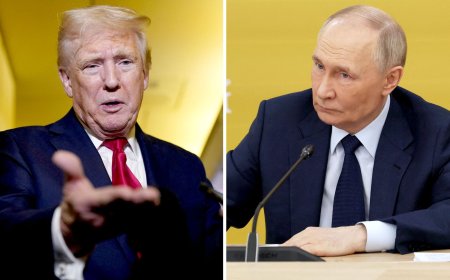
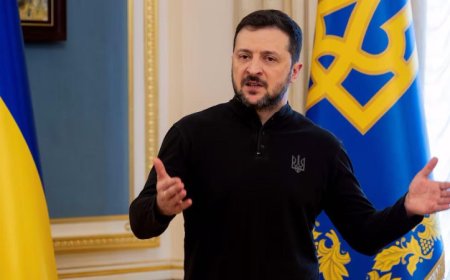

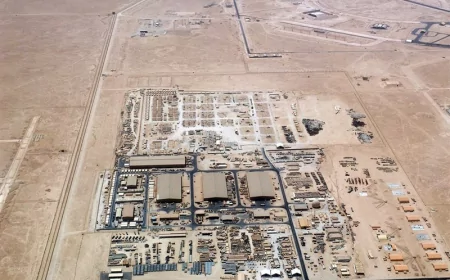
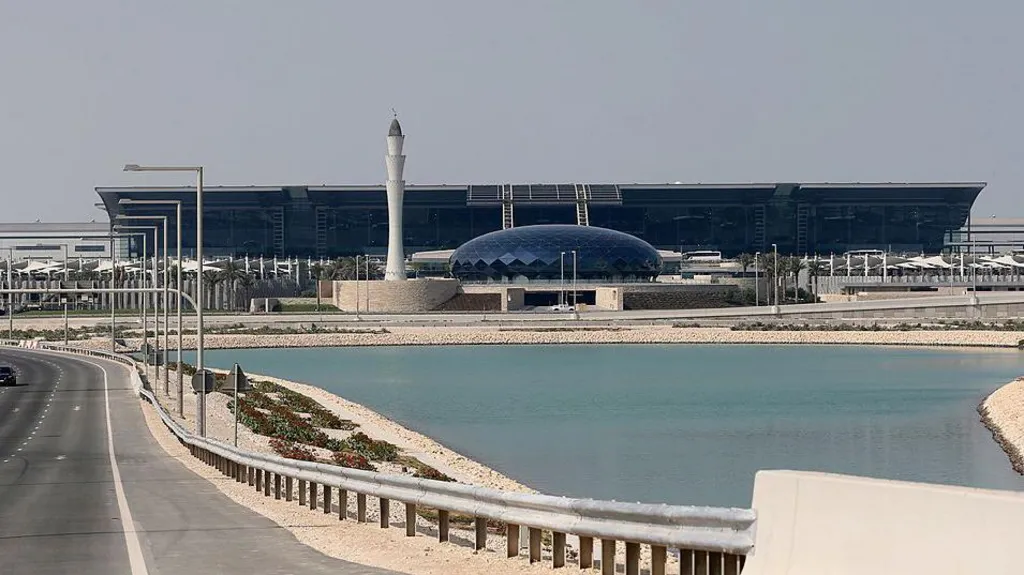


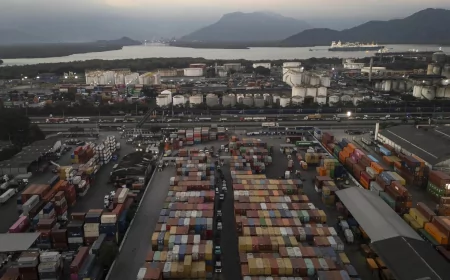
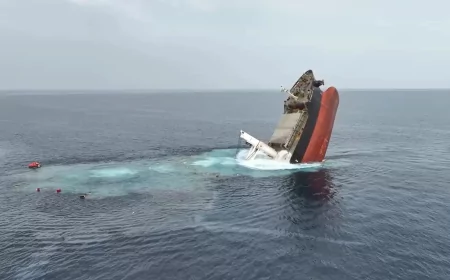
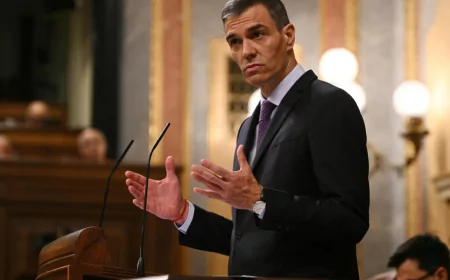

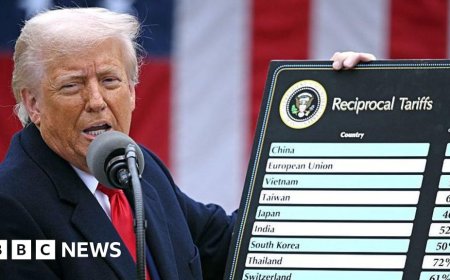
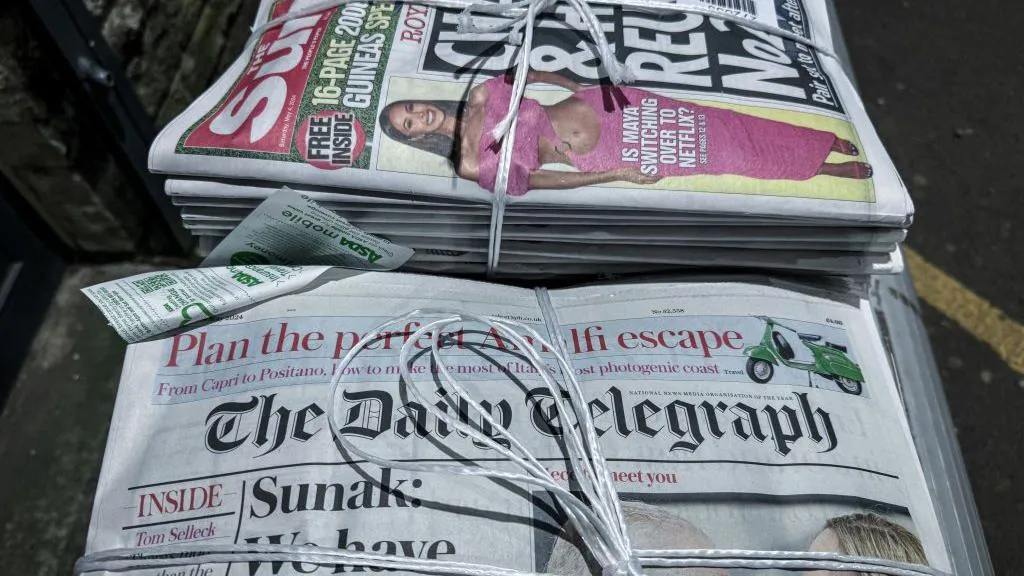
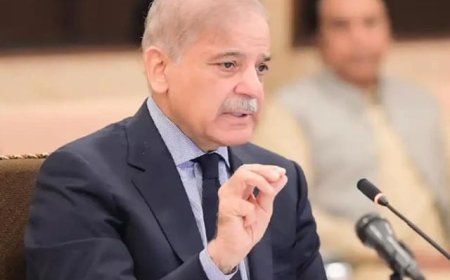






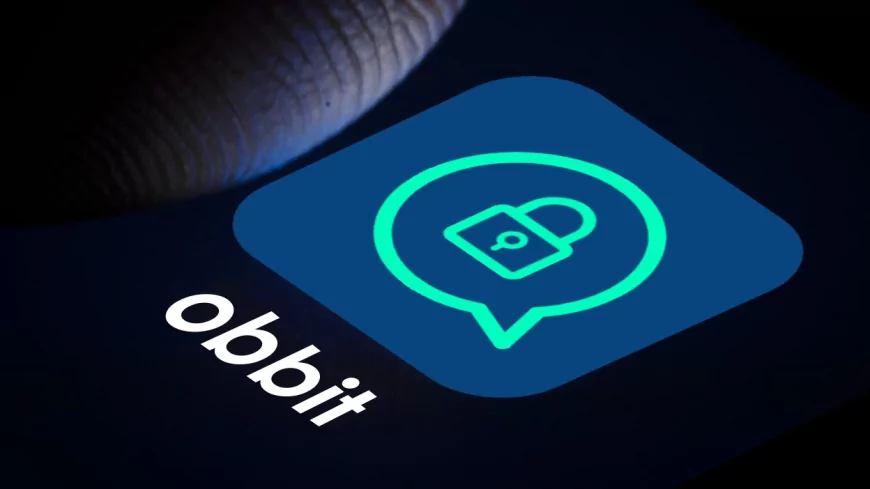














:format(webp)/cdn.vox-cdn.com/uploads/chorus_image/image/73776247/1227541383.0.png)

